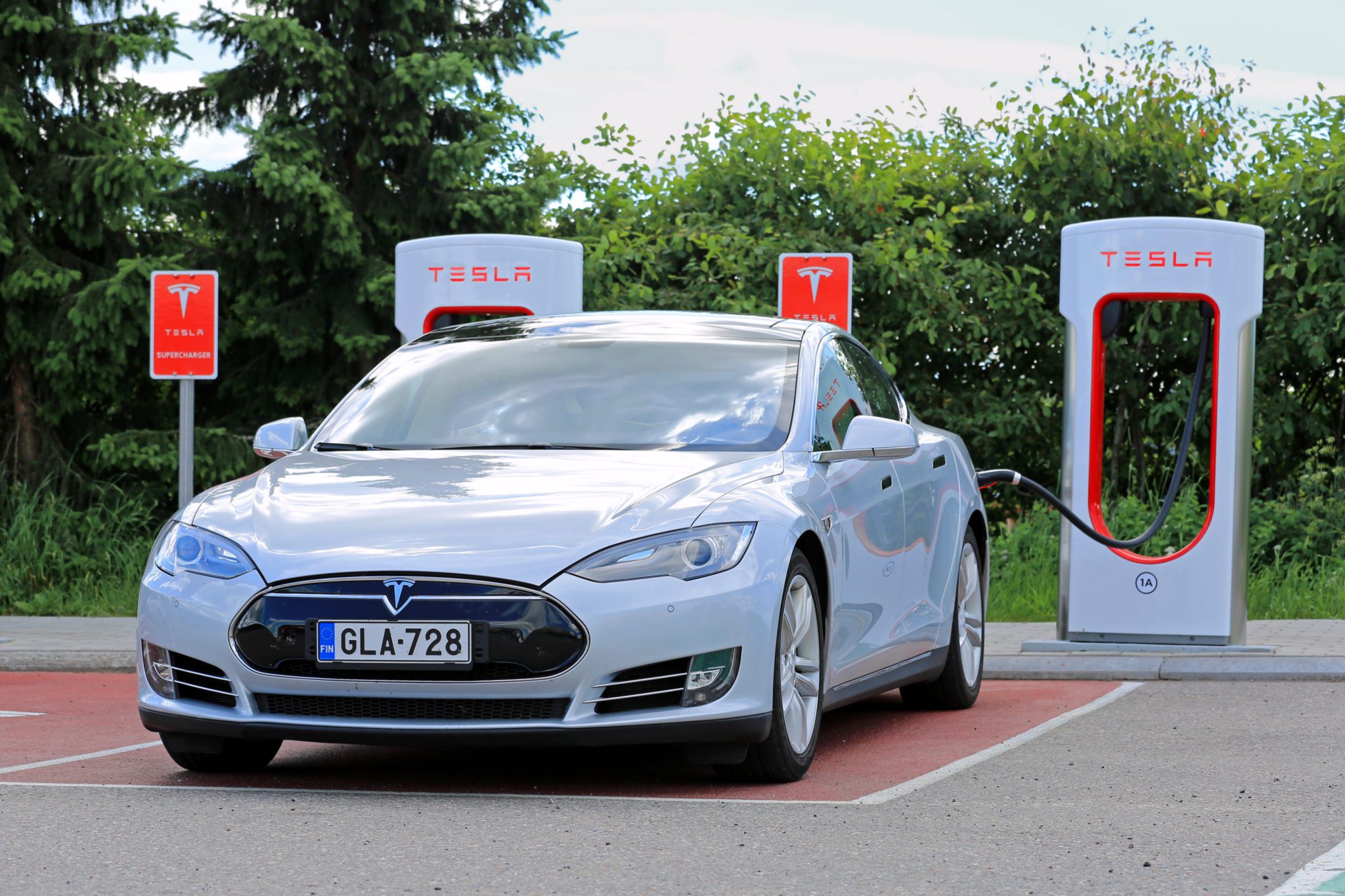To Oscar Gutierrez, electric cars are a “no-brainer.”
“Like, seriously,” he said, his arms outstretched, an incredulous look on his face. “You can drive and not use gas. The state gives you money to buy it. What else could you want?”
Of 250 vehicles Community sells each month on average, about a fifth are electric Volts and Bolts.
But those numbers are an industry rarity. Pure electric vehicles don’t reach even 1% of U.S. sales. Add plug-in hybrids, and the number doesn’t crack 5%. Range anxiety, limited models to choose from, and the proliferation of gas stations compared with the paucity of electric charging stations are all giving customers pause.
Advocates of electric vehicles say dealers have been slow to showcase and promote the advantages of electric cars and in some cases aren’t even armed with the talking points — government incentives, the ability to charge at home, savings on gas, environmentally friendly.
“When manufacturers say buyers aren’t interested in buying electric vehicles, it’s a self-fulfilling prophecy,” said Gina Coplon-Newfield, the director of electric vehicles initiative at the Sierra Club.
The Sierra Club last year sent shoppers to 308 dealers across the U.S. and found that significant numbers of salespeople didn’t know much about electric cars or didn’t let on if they did. A third failed to mention $7,500 federal tax credits or state rebates available to buyers of electric cars. Half had no information about public charging networks. At 14% of locations, shoppers were told they couldn’t test-drive the cars because they weren’t charged.
But he knew nothing about federal and state incentives that could cut the price of an electric car by $10,000 in Massachusetts, and “he was very misinformed about charging infrastructure.” Wires were being installed under the highways, he said, so within a year, charging would be no problem. She was surprised to hear this, given that it’s untrue.
Still, she said, “some of them are figuring this out,” especially in California.
With more models from more manufacturers coming online over the next several years with ranges over 200 miles a charge, and zero-emission mandates tightening in California and nine other states, the situation is improving, said Joel Levin, executive director of Plug-In America, an electric vehicle advocacy group based in Los Angeles.
Dealers “have not been masterful but they’re improving a lot,” he said. “The dealer challenge is that it’s a really different sales model than selling a gas car. When you’re selling a gas car, you don’t have to explain the technology. You don’t have to ask questions about a buyer’s lifestyle. With EVs you do. Some dealers are real good at it.”
Ben Weyerhaueuser, 33, said he spent a few weeks this year researching electric vehicles before a Google search led him to a Keyes Toyota dealership in Studio City.
He went in knowing he wanted to buy a Chevrolet Volt, and said staff at the dealership seemed knowledgeable and were supportive of the purchase.
“They were definitely aware of it all,” Weyerhaueser said, noting that they told him about the state and federal rebates. “Maybe not to the exact fine print, but they gave me everything I needed to know.”
When he asked to see the Volt, he said it was charged and there were no problems taking it for a test-drive.
At Community Chevrolet, General Manager Chad Kelman said that building a sales team that understands electric vehicles is now a priority.
Most of its electric vehicle sales originate from its Internet department, he said.
Many car dealers have set up separate sales groups that handle sales inquiries that come in on their website or via email. The customers who contact the dealership this way are more likely to have done deep research on a car, whether they’re buying an electric, a hybrid, or an internal combustion vehicle.
“The customer comes in with a pretty good understanding of the vehicle upfront,” Kelman said. Buyers often report that they feel intimidated by car salesmen. In a twist, salespeople often are now intimidated by electric car buyers, who tend to be well versed in the product and the technology.
Read the full article from the Los Angeles Times: https://www.latimes.com/business/autos/la-fi-hy-electric-car-dealers-20170517-story.html








